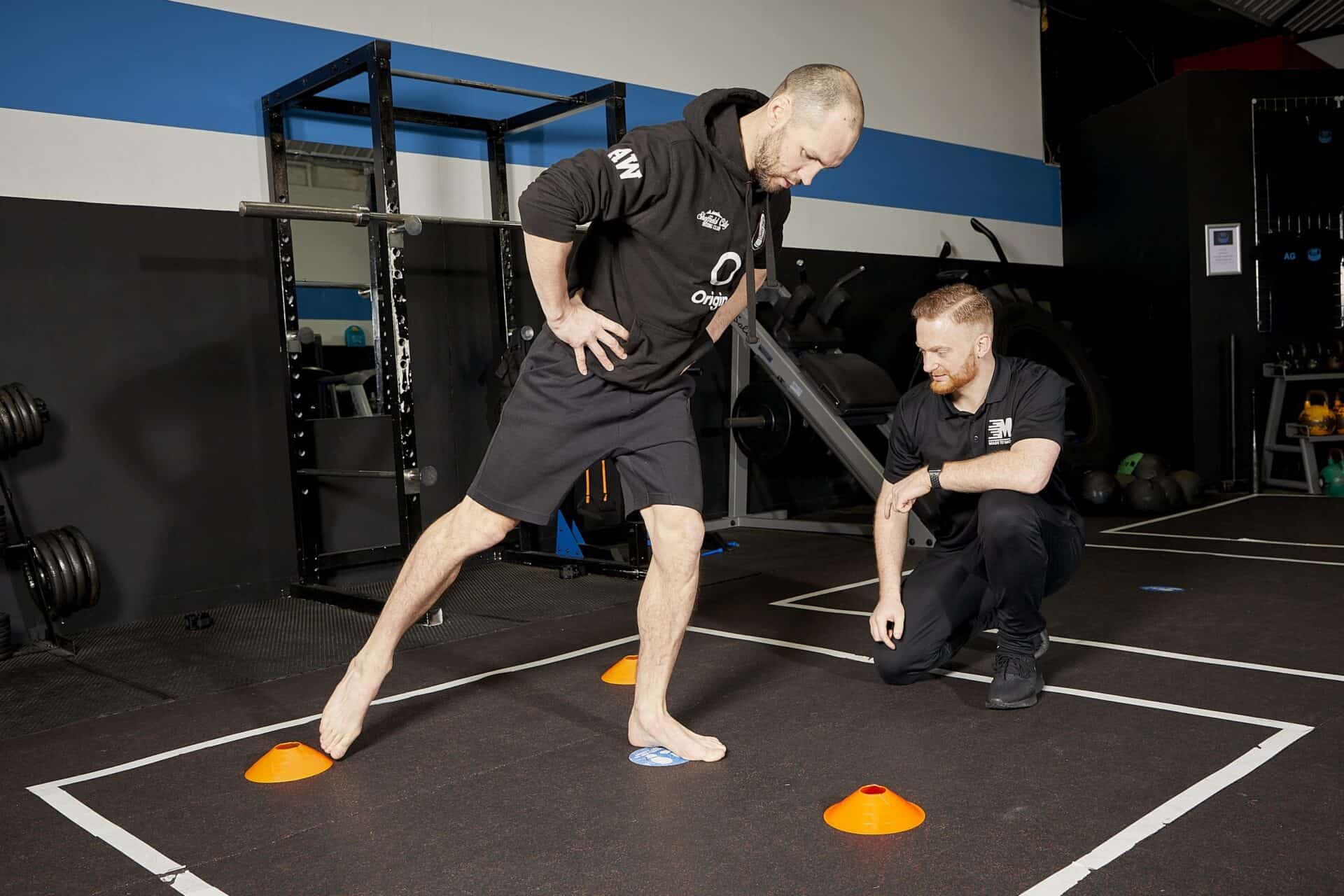Recovering from an injury can be challenging both physically and mentally, but maintaining a positive mindset and staying active can help with the healing process. Here are some tips to help you remain positive and active during your recovery:
- Accept your situation: Acknowledge that you’re going through a recovery phase and understand that it takes time. Accepting your current condition will help you focus on what you can do to improve rather than dwelling on what you can’t do.
- Set realistic goals: Set small, achievable goals that align with your recovery process. These goals can be as simple as increasing your range of motion or completing a certain number of physical therapy exercises. Celebrate each milestone you achieve, no matter how small it may seem.
- Seek professional advice: Work closely with your healthcare team and follow their recommendations and instructions. They will provide you with the necessary guidance and rehabilitation exercises to help you recover effectively. Trusting their expertise will give you confidence in your recovery journey.
- Stay active within your limitations: Depending on the nature of your injury, find activities that you can safely engage in. It could be as simple as taking short walks or participating in seated exercises if you have mobility restrictions. Engaging in physical activity, even if it’s modified, can help maintain your overall fitness and promote healing.
- Explore new hobbies and interests: Use this recovery period as an opportunity to explore activities or hobbies that you’ve always wanted to try but never had the time for. Whether it’s painting, playing an instrument, reading, or learning a new skill online, engaging in enjoyable activities can distract you from any negative thoughts and keep you mentally stimulated.
- Seek support: Surround yourself with a supportive network of family, friends, or even support groups who can provide encouragement and emotional support during your recovery. Sharing your thoughts, frustrations, and progress with others who understand what you’re going through can be beneficial.
- Practice self-care: Take care of your physical and mental well-being by focusing on self-care. Get adequate rest, eat a nutritious diet, and stay hydrated to support your body’s healing process. Engage in relaxation techniques such as deep breathing, meditation, or gentle stretching to reduce stress and anxiety.
- Stay positive and maintain a gratitude mindset: Focus on the positive aspects of your recovery, no matter how small they may be. Celebrate any progress you make and express gratitude for the things you can still do. Maintaining a positive mindset can have a significant impact on your overall well-being.
Remember, every recovery journey is unique, and progress may vary. Be patient with yourself and understand that setbacks may occur. By staying positive, actively participating in your recovery, and seeking support, you’ll be better equipped to overcome challenges and move forward toward a full recovery.
This article was made in collaboration with Billie Pursglove – Owner of Energy Psychotherapy and BACP Registered Member. You can find out more from Billie on her website HERE.

Billie Pursglove – BACP Psychodynamic counsellor.
Energy Psychotherapy is an inclusive and passionate business with mental health and well-being at its centre. Offering private counselling sessions, online courses available on demand and well-being workshops great for business and community groups.

